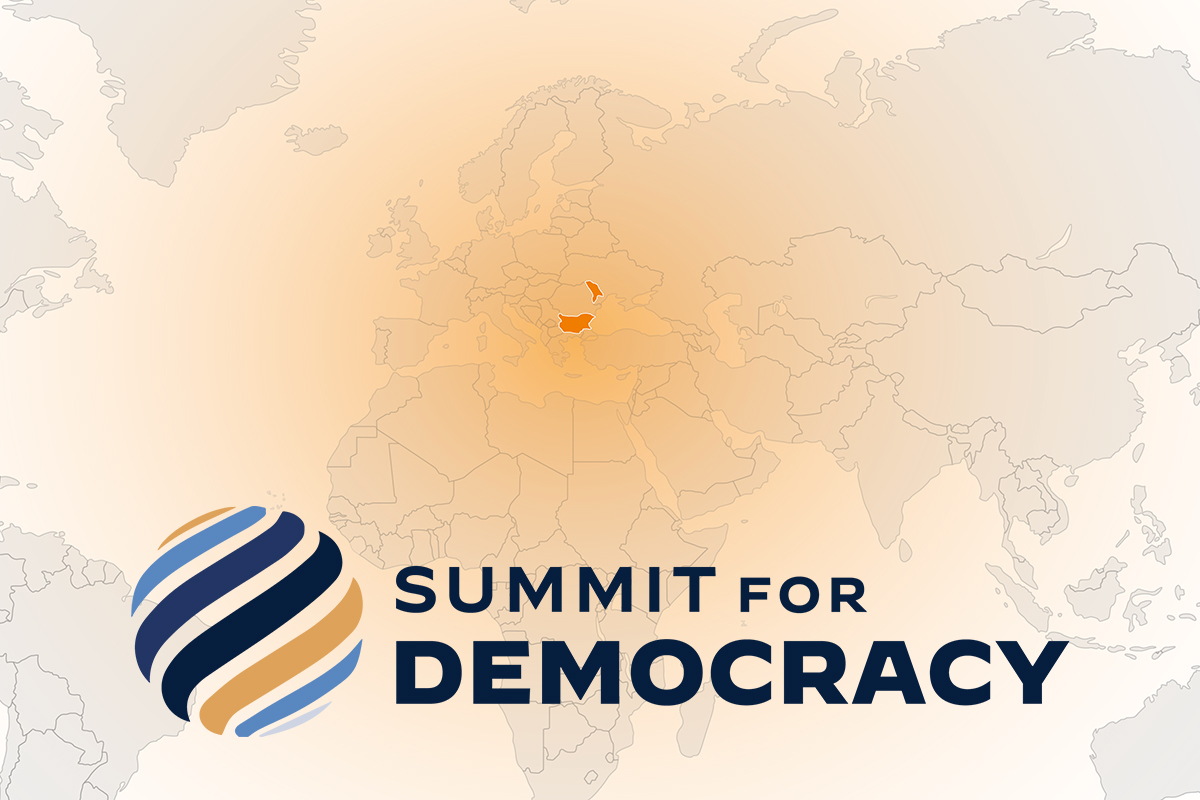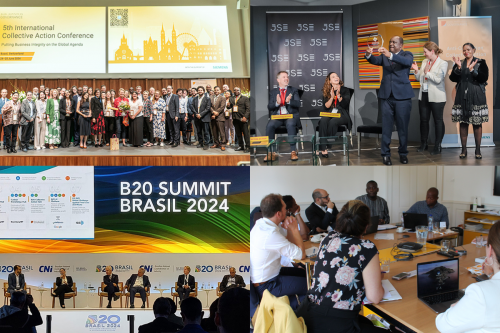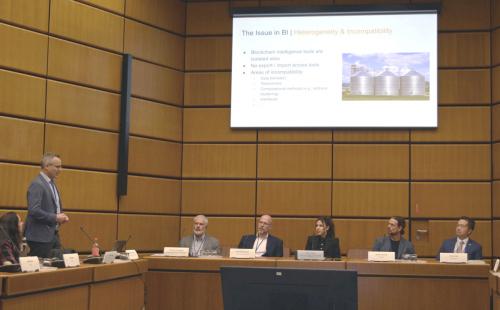Anti-corruption at centre stage of the Summit for Democracy

The second Summit for Democracy on 29–30 March 2023 will shine a spotlight on corruption as a threat to democracy, peace and security. And in the context of Russia’s illegal invasion of Ukraine, the security implications of state capture and strategic corruption will no doubt be at centre stage.
An initiative of US President Biden, the Summit seeks both high-level commitments and ground-level actions to advance democracy, fight corruption and counter authoritarianism.
The second Summit (#S4D2) is the culmination of a series of Democratic Cohorts that governments and civil society partners are co-leading in democratic countries around the world. The aims are to spur action on political commitments, to increase resilience regardless of political cycles, and to build trust among stakeholders that care about the same things but sit in very different positions in society.
A Year of Action on anti-corruption
The Basel Institute is co-leading two cohorts:
- Anti-Corruption Policies, with the Ministry of Justice of Bulgaria and the Center for the Study of Democracy
- International Cooperation for Anti-Corruption, with the Government of Moldova and Transparency International
At the Summit, the partners will report on achievements during the last year (the so-called Year of Action) in the fight against corruption. They will present a declaration of commitments looking forward, signed by governments and with civil society ready to support as well as to hold them to account.
The two cohorts coordinate with one another as well as with the cohort on Financial Transparency and Integrity, co-led by the United States Government, Open Government Partnership and Brookings Institution.
Why Bulgaria and Moldova?
At the heart of Southeast Europe, Bulgaria and Moldova are well placed to co-lead the two anti-corruption cohorts. The region has been particularly vulnerable to the type of entrenched oligarchic networks that stonewall good governance reforms and stymie democratisation.
Spurred by citizens’ demands, things are changing. But there is a lot more to be done to fight back against the kleptocratic structures that fuel institutional distrust, political turmoil, inequality and poverty.
Having built up a strong base in the region, the cohorts plan to expand on that initial success in the coming year.
Opportunities to participate
The United States will co-host this year’s Summit on 29–30 March with Costa Rica, the Netherlands, South Korea and Zambia.
Two days of civil society-led and thematic sessions precede the Summit itself, which will launch with a virtual plenary session of world leaders. On the second day, the co-hosts will gather representatives of government, civil society and the private sector in their own countries.
South Korea’s Summit for Democracy events on 30 March focus on anti-corruption. The Basel Institute’s Managing Direcor Gretta Fenner will participate on a panel on financial transparency and integrity, which will be live streamed on the Korean Foreign Ministry's YouTube channel.
Several of the cohorts’ events are open to the public for virtual participation. These include an upcoming all-day forum in Sofia, Bulgaria, co-organised by the Basel Institute, Ministry of Justice of Bulgaria and the Center for the Study of Democracy on 21 March.
The event will feature virtual opening remarks by the Basel Institute's President Peter Maurer, as well as a panel on Collective Action and the High Level Reporting Mechanism (HLRM) with Vanessa Hans, Head of Private Sector, and Renne Traicova, Team Leader Bulgaria.
Learn more
- View a short video with statements from the two cohorts' lead representatives.
- See the civil society-focused Summit 4 Democracy website developed by Accountability Lab.
- View the US Department of State Fact Sheet on outcomes of all the Democracy Cohorts.
- To follow events, watch #SummitForDemocracy on social media.
- For more on the anti-corruption theme and cohorts, connect with the Basel Institute on LinkedIn and Twitter.



